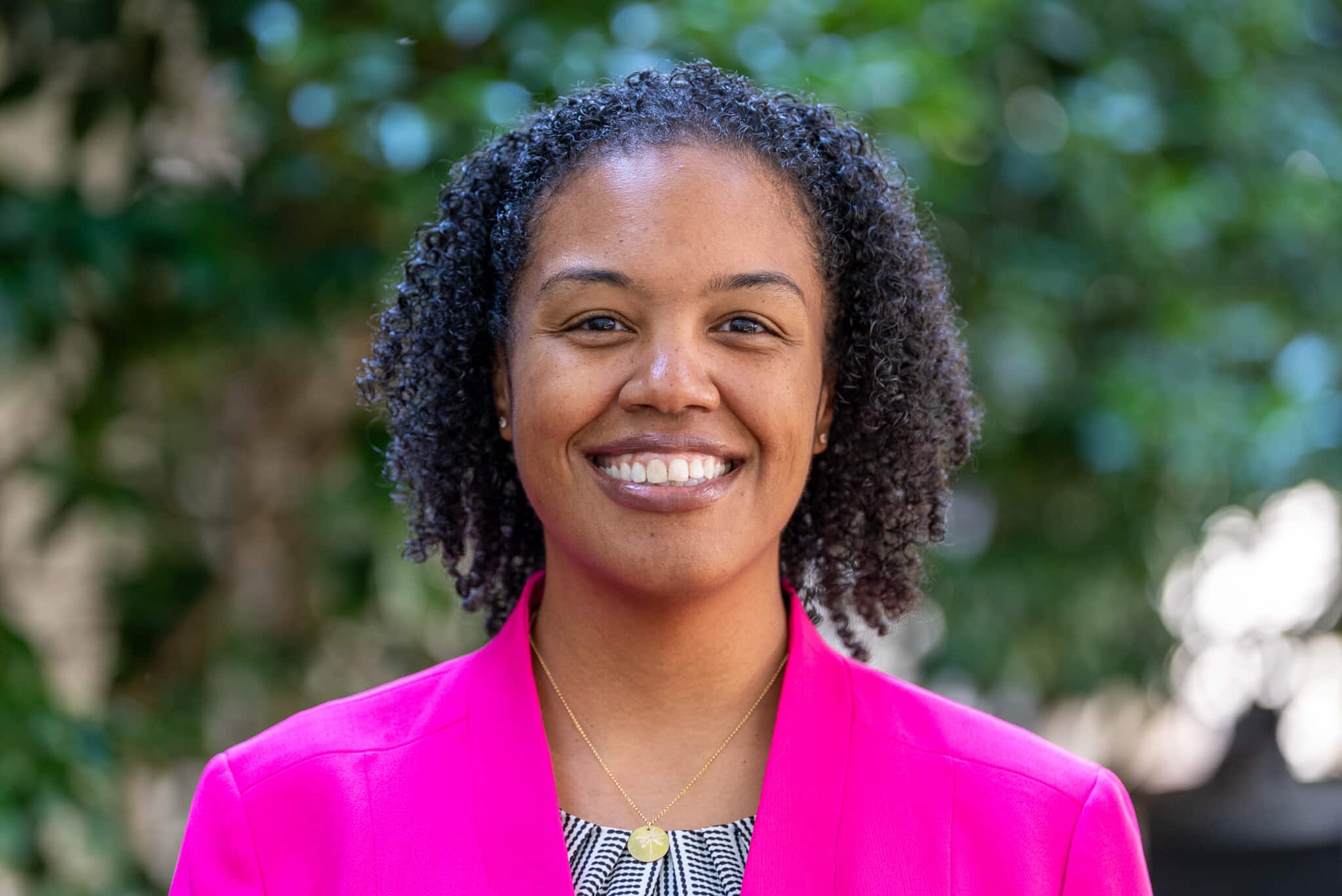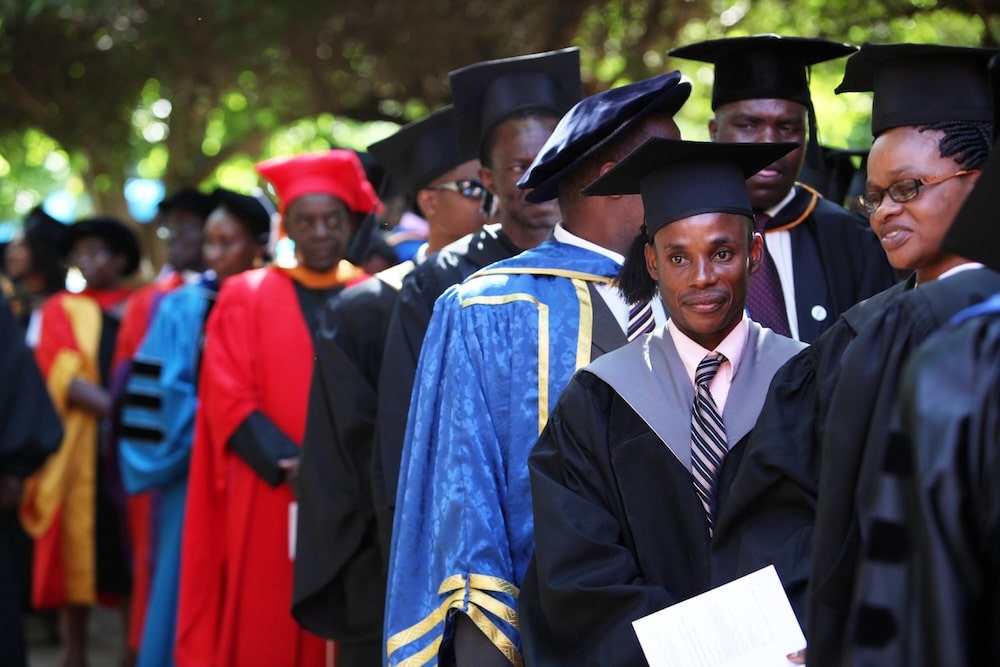Communicating Organizational Relevance through an ROI Methodology
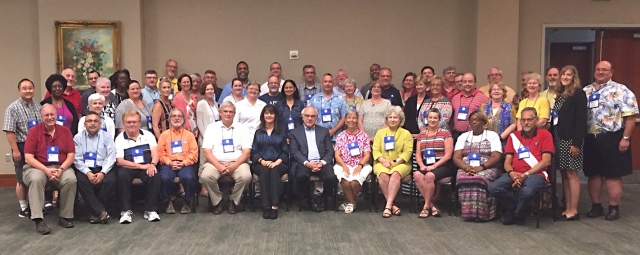
The United Methodist Endorsing Agency (UMEA), part of the General Board of Higher Education and Ministry (GBHEM), hosted a Leadership Development Return on Investment (ROI) Workshop for 57 senior chaplains, spiritual care managers and faith community leaders at Birmingham Southern College this summer.
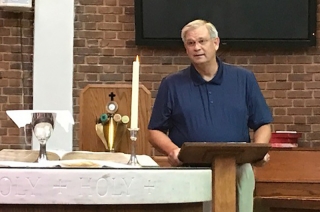
Jack Phillips, Ph.D. and Patti Phillips, Ph.D., founders and chief executive officers of the ROI Institute, Inc., led the three-and-a-half-day training. Bishop Bill McAlilly, Tennessee Annual Conference, led the closing worship service. His message centered on the investment our God has placed in us.
Over the last several years, a major paradigm shift has occurred in how organizational systems understand and value spiritual care. For many organizations, value and relevance are primarily centered on the bottom line. Although monetary value is a critical concern, it is the comparison of this value with the program/project costs that captures the attention of stakeholders—translating into ROI.
“Show me the money” is the familiar response from many business leaders and investors. Sometimes this is an appropriate response. At other times, it is misguided, especially when it comes to understanding the impact and value of chaplaincy and spiritual care. As Jeffrey Parkkila, senior chaplain at Westminster Retirement Community, Winter Park, Florida, stated, “I have struggled to find the language to communicate with the corporate world the needs of ministry and the value of spiritual care. This ROI training gives me a platform to communicate our value.”
Realizing that measures not subject to monetary conversion are also important, if not critical to most programming and projects, participants learned that a balanced profile of success is required, which must include qualitative and quantitative data as well as financial and non-financial outcomes.
John Callanan, senior chaplain with United Methodist Homes of the Greater New Jersey Conference reflected, “My CEO has been pleading with me to demonstrate value, now I have a process to demonstrate the impact of pastoral care and bring the pastoral care department into greater accountability.”
Stephen Brinkley, senior chaplain of the Trauma Center at Orlando Regional Medical Center commented, “Business language is a new language for me—yet, my health system is challenging me to translate the value of ministry in a new way. Failure to do so on my part jeopardizes the future of chaplaincy.”
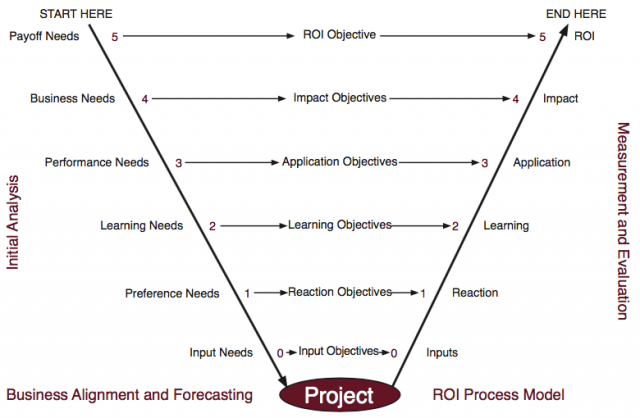
With that in mind, the Phillipses engaged the workshop participants in learning a new language by embracing the ROI Methodology. The methodology offers a balanced approach to measurement that captures five levels of outcome data using a V-Model Evaluation framework.
When chaplains and spiritual care leaders engage the process, the model provides alignment, connecting needs assessment with evaluation thereby empowering the translation of ministry’s value and impact within organizational systems.
Invigorated by what she was learning, Linda Stetter, director of Spiritual Care, St. Mary Corwin Medical Center, Pueblo, Colorado, stated, “I can now quantify my ministry. This methodology empowers Spiritual Care to not be perceived as a cost center—but an organizational contribution center! This is great news!”
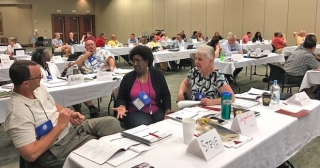
Jeffrey Uhler, chaplain at the Aurora Medical Center, Milwaukee, Wisconsin, added, “Last evening I received a message from my supervisor about a conversation she was having with management pertaining to the addition of chaplaincy staff. Management’s feedback to her, ‘you’ll need an ROI plan.’ Today chaplaincy received good news—we have learned a methodology to give management just what they asked for, the ability to demonstrate ROI. I am excited!”
Bruce Fenner, endorsing agent for The United Methodist Church and director of endorsement at UMEA noted that the evaluations of this leadership development workshop were the highest of any program ever offered by the endorsing agency for its constituents. He attributes this to the outstanding leadership, clarity of vision, practical instruction, and applicability of the material for this time of our lives.
“We were fortunate to have Jack and Patti Phillips bring their leadership. They are world-renowned experts in the field of measurement,” noted Fenner. “If we, as clergy working in specialized ministry are to be relevant in this increasingly secular culture and workforce, there is a pressing need to learn a new language in ministry—the language of business. Business leaders do not typically understand the pastoral care world, nor are they going to learn our language. Rather, we must become bilingual if spiritual care is to have value and impact in broader organizational systems. There is no one better suited to get us on our way than what we experienced from the ROI Institute.”
To learn more about the United Methodist Endorsing Agency and the General Board of Higher Education and Ministry, visit GBHEM.org.
About GBHEM: As the leadership development agency of The United Methodist Church, the General Board of Higher Education and Ministry’s mission is to lead and connect the educational and ministerial life of the church. Every elder, deacon and licensed local pastor benefits from our training and candidacy programs. Many young adults find help in clarifying their vocation and God’s call on their lives through our leadership and discernment programs. Follow us on Twitter and Facebook: @GBHEM.
Related Posts
The work of Christmas begins and continues in our peacemaking, justice-seeking and music-making. The work of Christmas begins and continues as we grow in love toward all.
May striving for love be our ethic. May the giving of love be our pursuit. May the witness of love be our joy.
The General Boards of Global Ministries (GBGM) and Higher Education and Ministry (GBHEM) announce the appointment of Dr. Dana Lyles as executive director of multiethnic ministries, effective Jan. 1, 2026.


